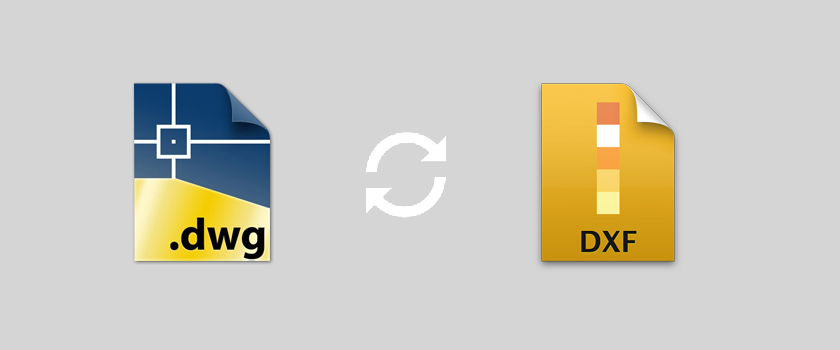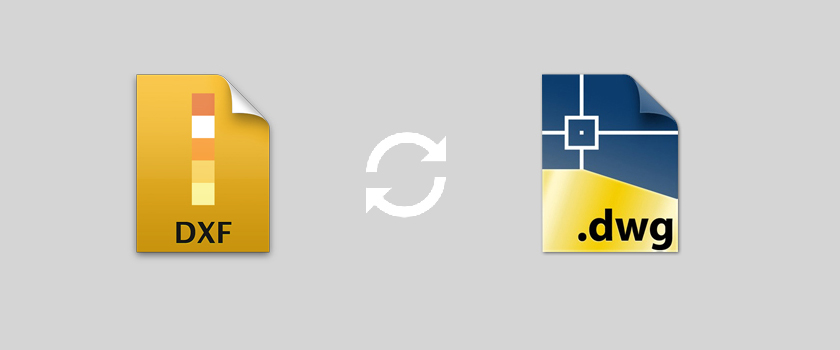Website translation by certified document translation is propelling your brand onto the global stage. In 2015, the number of people on the internet access in the world passed the 3 billion marks. While most of the people joining the global online population are native speaker of languages from emerging economies such as Portuguese, Arabic, Chinese, Spanish, or Malay but more than 50% of all the content available online is published in English. In this modern era many certified document translation services are helping out many companies to translate their web content into various other languages to reach the maximum audience.
Indeed there are huge discrepancies between the proportion of content available in certain languages and the number of users. With studies revealing that 70% of people prefer to buy product in their native language. Businesses looking to tap into global market should definitely consider website localization in their international strategy.
Website translation or website localization is the process of adopting a website to a particular language, culture and desired look and feel. Localizing your website is a good idea if you are an international business operating in different countries, e-commerce store shipping worldwide, or software as a surface company. Website localization can help your business by,
Website localization solutions vary from manual copy and paste techniques to sophisticated highly automated workflows. Determining the right solution for you will depend on your technology setup, your needs and requirement, and your budget.
Professional industry expert translation services provide you the website translation services that are designed to suit all shapes and sizes, weather you are a small start-up looking to localize your website a handful of languages or an established company operating in multiple countries.
Approaches followed by translation services to localize your website are:
In this approach, the content is exported from the content management system in a translatable format and sent out for localization. Once the content is localized, the files are back into CMS. This solution is ideal for sites with the content management system and supports multiple languages and export or import capabilities. It is also a valid approach for small static sites, with limited content sporadic update.
This approach could be defined as website localization on the cloud. The translation proxy acts as an invisible layer that lies on top of your website and performs 2 functions. The proxy analyzes the site, detects the content to be localized and automatically sets it up for translation. Once localized, the content is stored in the cloud and delivered to website visitors in their preferred language in real time. This solution is ideal for global websites with a standardized structure and regular content updates. Website’s whose CMS doesn’t support multiple languages and company who want to localize their website in a short time and with little intervention on the code.
With this approach, a piece of software serves as a connector between your CMS and the translation management systems of your localization provider. With this connector, content can be managed and sent out for localization for the same tool that is used to create it. Your provider will send back the localized content by reversing the same process. This solution is ideal for the global websites with multilingual languages, plenty of content and regular content updates, organizations with multiple contributors and different people involved in the content management process.
While this is not the most technology advanced approach. In this approach, you will need to copy the translatable content into an editable file and send it to your language service provider for localization. Once translated, you will have to manually paste the content back into the localized version of your website. This solution is ideal for sites with the proprietary or custom build CMS that does not allow for import and export of translatable content, small static sites with limited content and sporadic updates.
To find out the best approach try out the document translation services who will help you to localize your website on a higher scale.
The world is getting smaller. Today’s global online population has reached more than 3 billion, 85% of them speak English, Spanish, Chinese, Portuguese, Japanese, Arabic, Russian, German, French or Malay. However 55% of the content online is in English. Only 28% of the global online populations are native speaker of English and 70% of consumers are likely to make a purchase if the website is available in their own language.
If your company operated in foreign markets or is planning to do so sometime soon, than it makes perfect sense to provide information about your products or services in the language of your current potential costumer.
In sustainable businesses profit and revenue are the basic entities. If the growth rate of your company is becoming stagnant in your market, targeting foreign markets.
Competitive advantage is a strong decision driver. If your competitive don’t have a multilingual website, translating your website may help you differentiate. If they do already have the multilingual website, you don’t want them to leverage that advantage and leave you behind.
First impression matter, certainly audience will evaluate your company based on what they find when they access to your website. Tailoring the message and the look and feel of your website to resonate with foreign culture will help you put up belief and reliability in your brand and enhance its global reputations.
In certain industries, companies need to abide by strong regional regulation that makes it mandatory to provide information about your product service in the local language, for example, the life sciences industry and the manufacturing industry.
If your online store does shipping of items to other countries, localizing your website can really make a difference. Providing informative content into several versions of languages can improve trust and drive sales.

dwg: It means a drawing file save format created by AutoCAD, and now has been the standard format of 2D
Read More
dwg: It means a drawing file save format created by AutoCAD, and now has been the standard format of 2D
Read More
Mars Translation can help you extract the texts in a DWG file and convert them into a Word file so
Read More
dwg: It means a drawing file save format created by AutoCAD, and now has been the standard format of 2D
Read More
dwg: It means a drawing file save format created by AutoCAD, and now has been the standard format of 2D
Read More
MarsTranslation can help you extract the texts in a DWG file and convert them into a XML file so that
Read More
If you are a designer you are bound to find yourself in situations when you have to convert your DWG
Read More
dwg: It means a drawing file save format created by AutoCAD, and now has been the standard format of 2D
Read More
MarsTranslation can help you extract the texts in a DWG file and convert them into a Word file so that
Read More


Document Translation
Professional document translation by native expertsApp Localization
Get more downloads by adapting your app for different target marketsVideo Translation
Multilingual translation and subtitling servicesWebsite Localization
Adapt your website into multiple contexts for global reachSoftware Localization
Adapt your software for global usersGame Localization
Reach new players with localized gameplayMTPE
Refine AI translations for natural fluencyBusiness Translation
Professional translation for business documents and websitesDTP & File Conversion
Professional DTP and File conversion, supporting multiple file formatsProofreading
Perfect your content with expert review© Copyright 2026 MarsTranslation